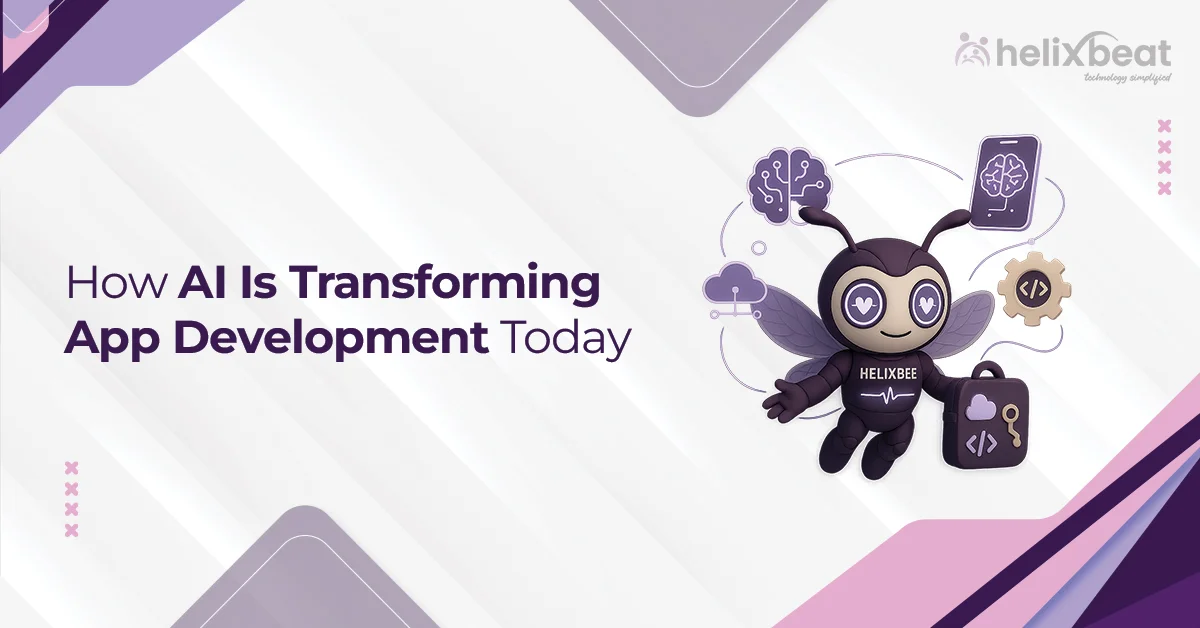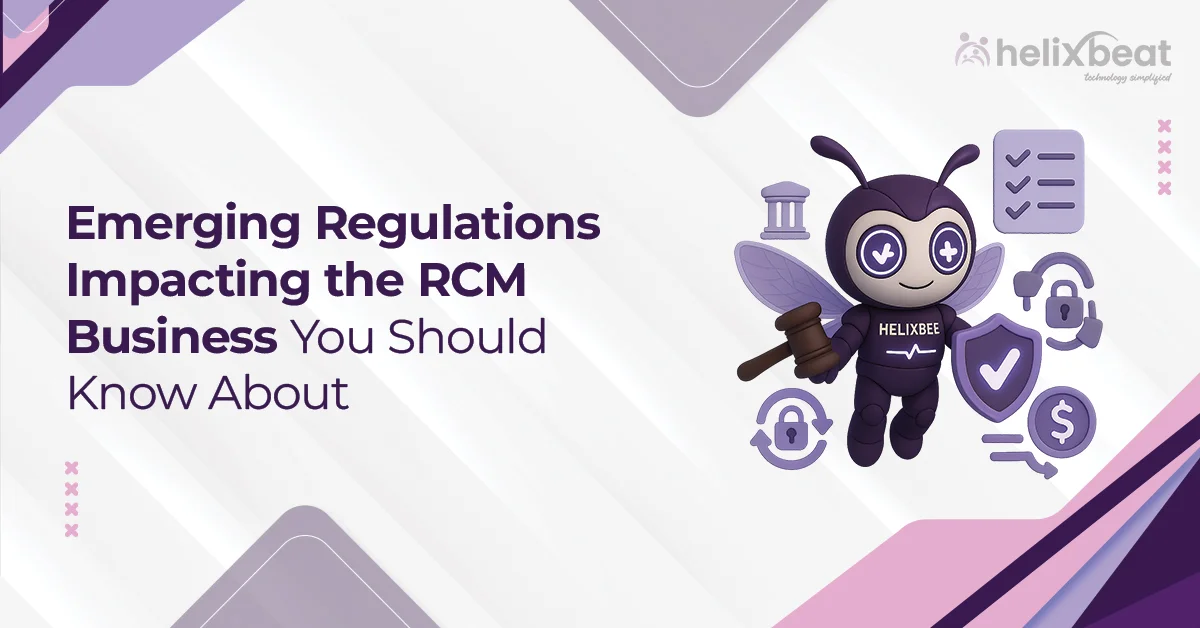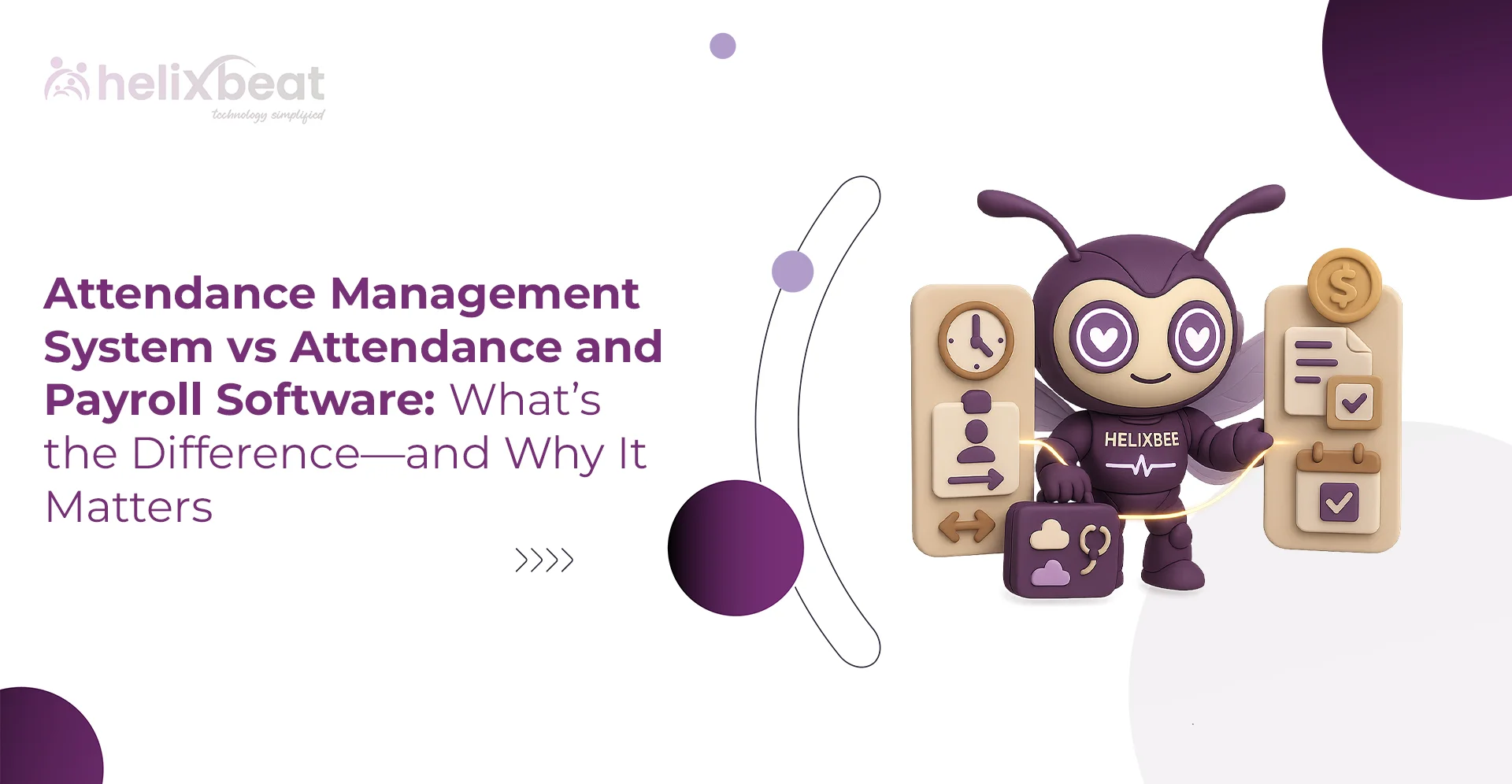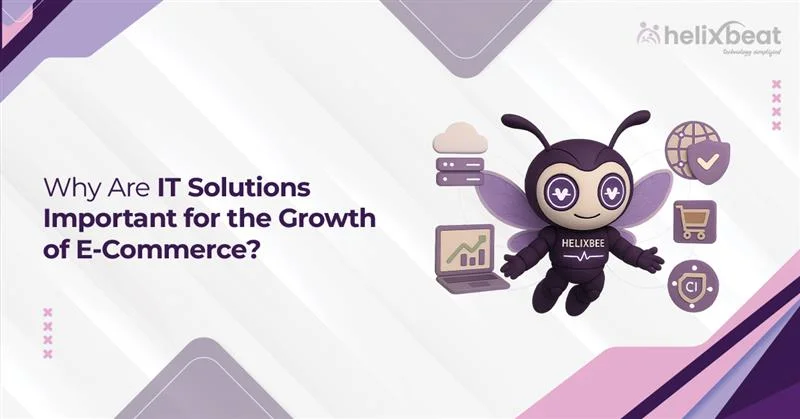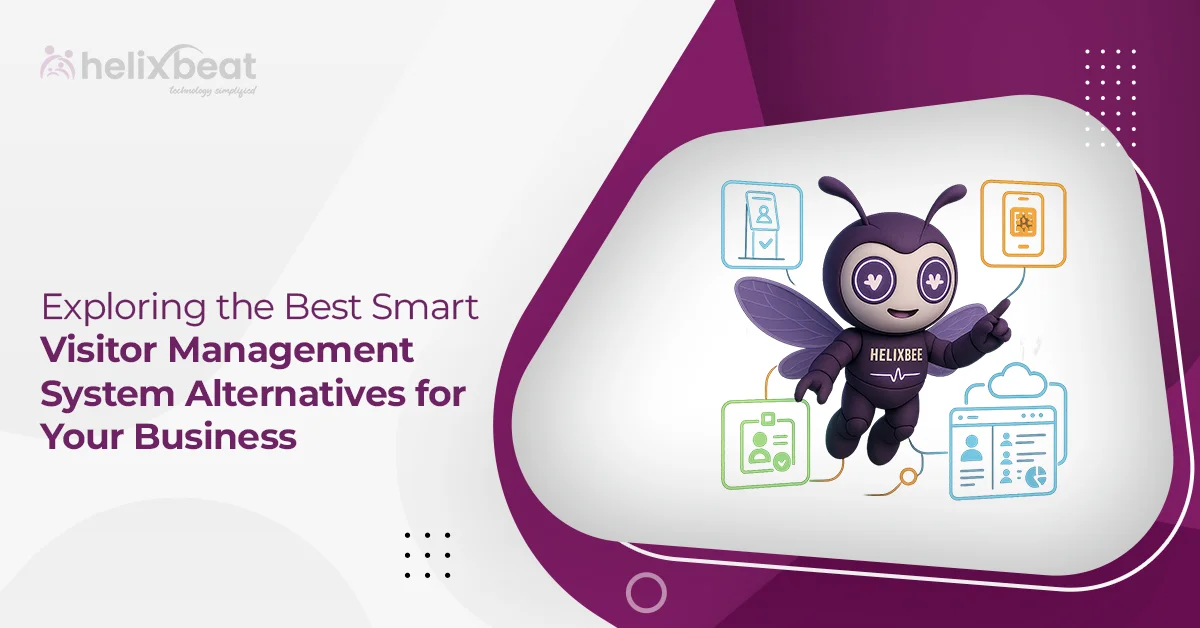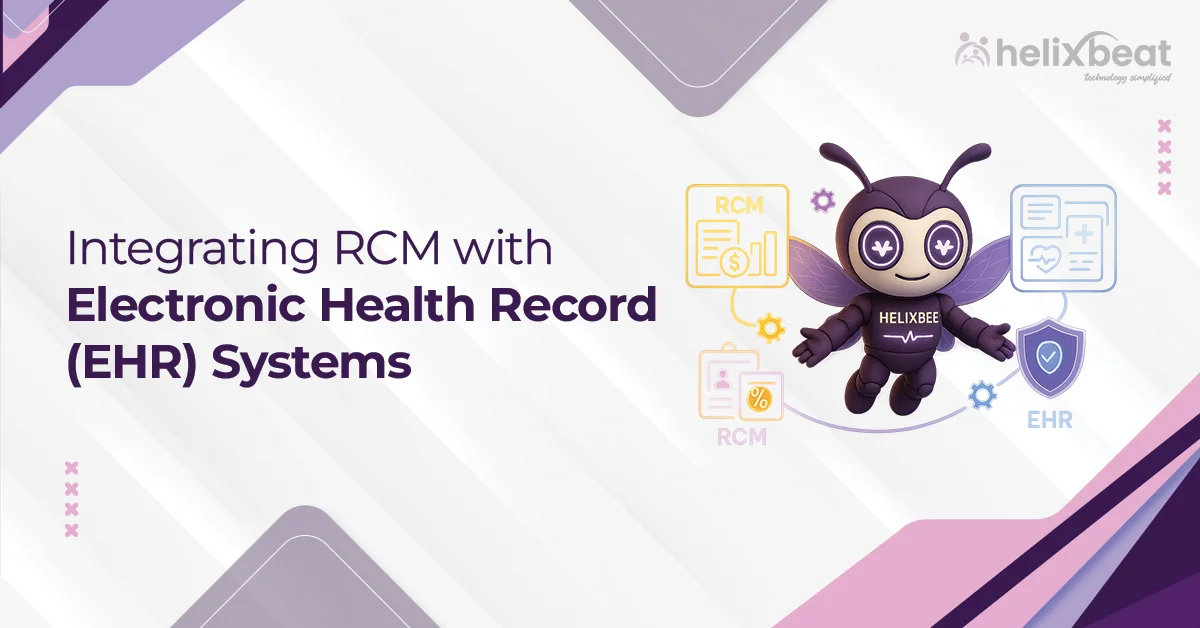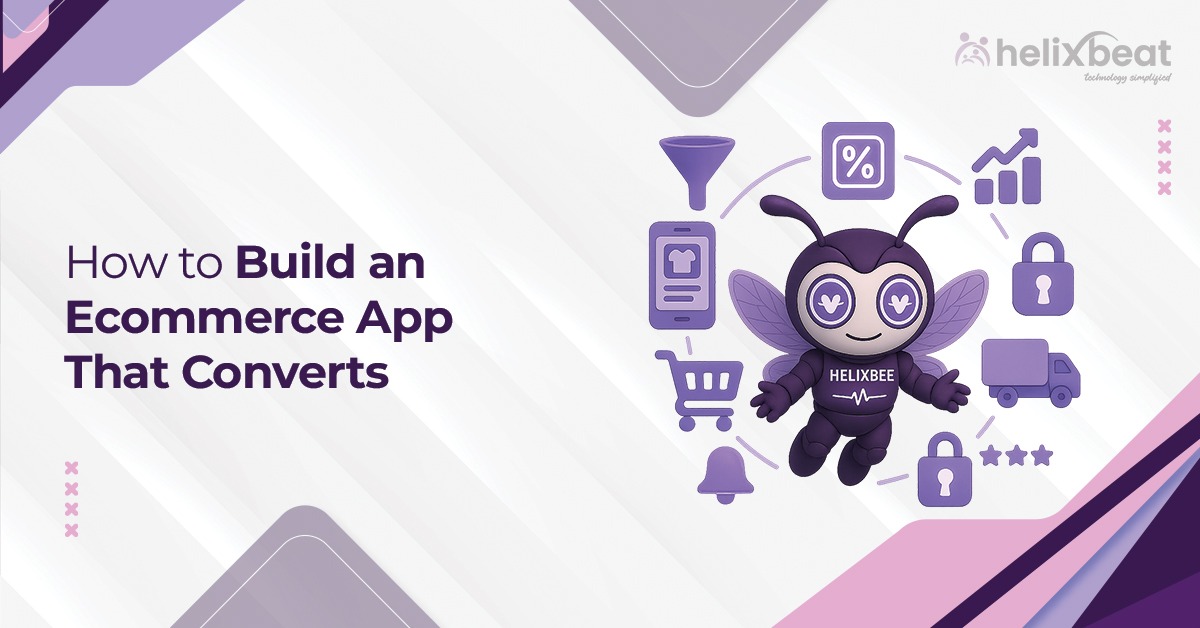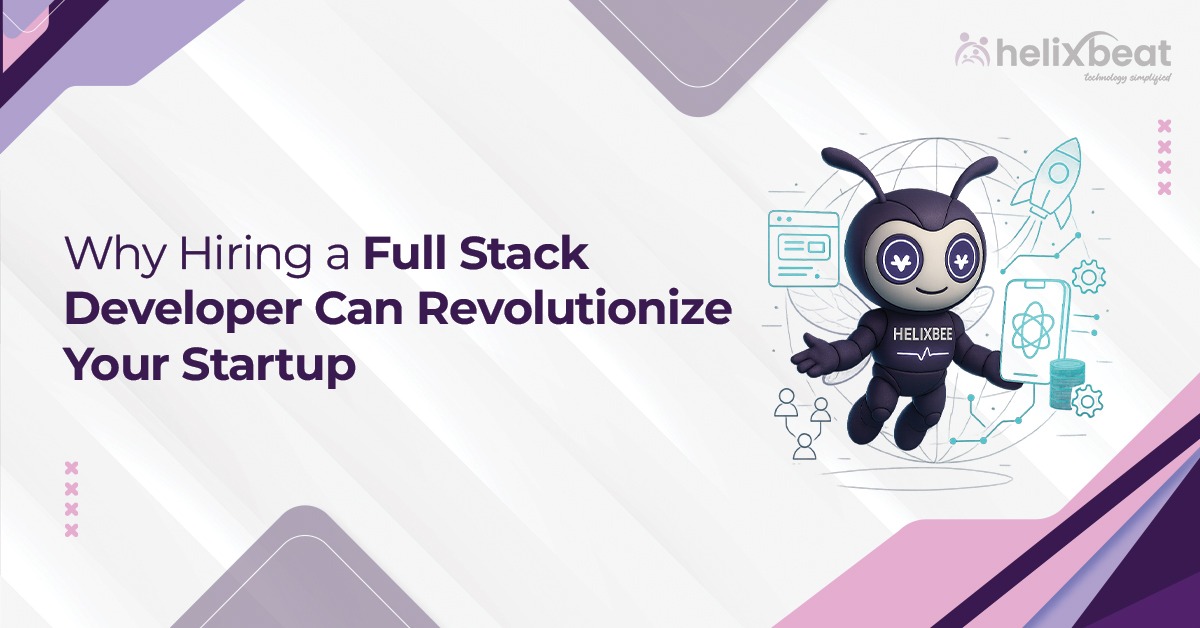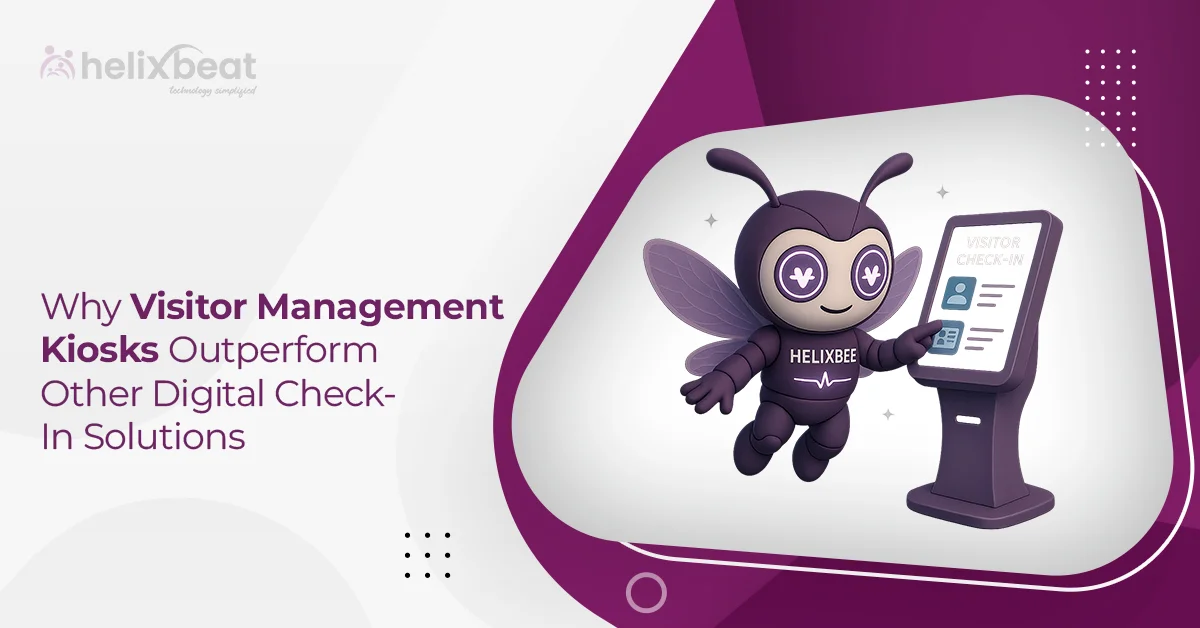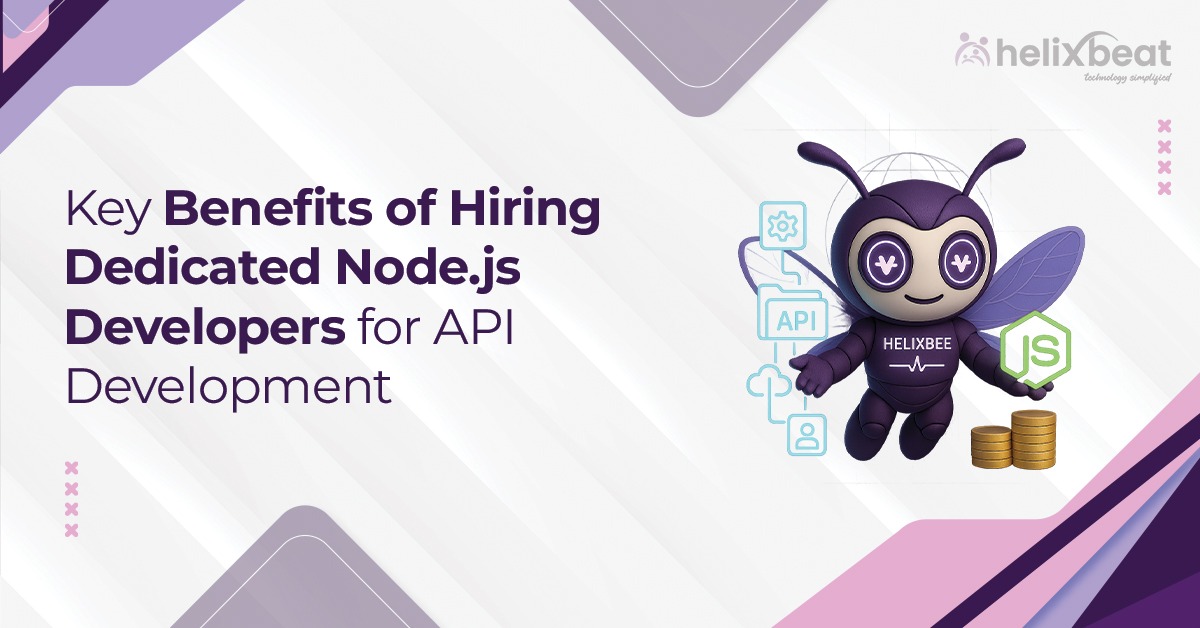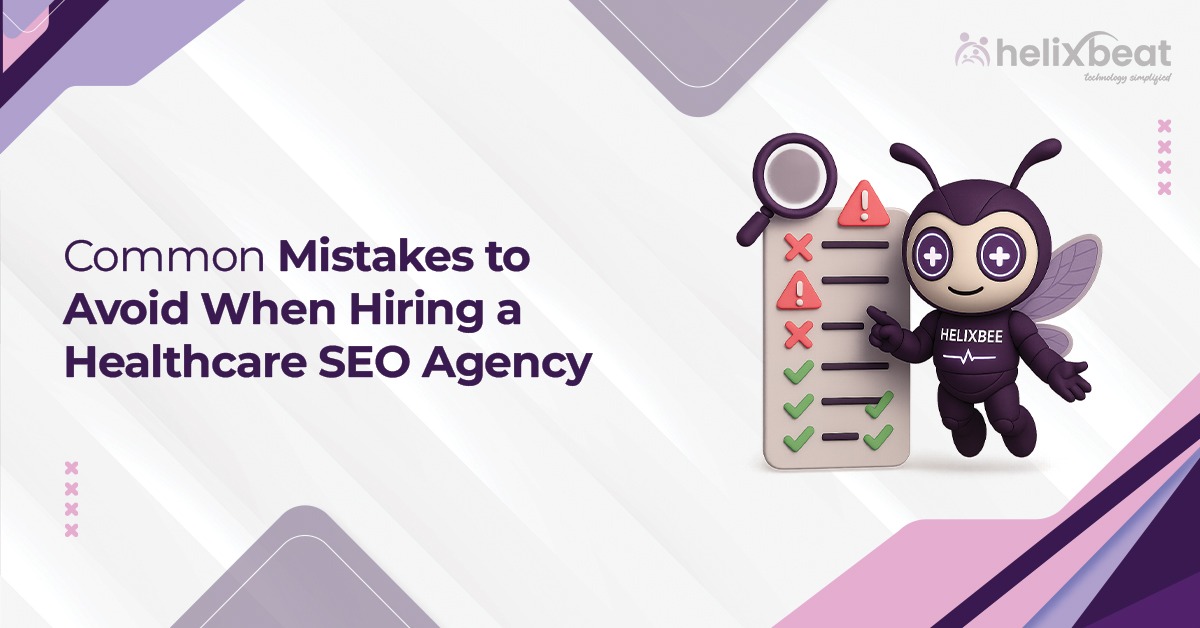The global AI market is expected to reach $190.61 billion by 2025, growing at a rapid rate. This shows just how important artificial intelligence has become in many industries, including app development.
However, even with all its potential, many developers still face challenges when trying to use AI in their apps. Issues like slow performance, lack of personalization, and difficulty managing large amounts of data are common problems.
AI in app development offers a solution to these problems. It helps create smarter apps that work better for users, offering things like personalized suggestions and automating repetitive tasks. By using AI, apps can run more smoothly, be more responsive, and provide a better overall experience.

Table of Contents
The Role of AI in App Development
AI plays a crucial role in app development by enhancing the capabilities of apps beyond traditional programming. With AI, apps can become more intelligent by learning from user behavior, processing large amounts of data, and making real-time decisions. Technologies like machine learning integration allow apps to continuously improve by analyzing patterns and predicting user needs, creating a more personalized experience for each individual.
Additionally, AI-powered features, such as chatbot automation and smart recommendation engines, help automate processes and provide users with relevant suggestions, improving both user engagement and app efficiency. By integrating AI, developers can build smarter, more responsive apps that not only meet user expectations but also anticipate their needs, making the overall experience more seamless and intuitive.
5 Important Benefits of Integrating AI into App Development
Integrating AI in app development brings a transformative edge to applications, enabling them to become smarter, more responsive, and highly personalized.
Here are the key benefits of leveraging AI in the development process:
1. Advanced Personalization Through Machine Learning
- AI enables apps to analyze user data in real-time and adapt content, recommendations, and user interfaces based on individual behavior.
- By leveraging machine learning algorithms, apps can continuously improve and deliver hyper-personalized experiences, ensuring users receive content that aligns with their preferences and past interactions.
2. Enhanced Automation with Chatbot Integration
- Chatbot automation powered by Natural Language Processing (NLP) and AI-driven conversational agents allows apps to engage with users instantly, providing 24/7 support.
- This reduces dependency on human agents, automates common queries, and helps improve response times, making user interactions more seamless and efficient.
3. Real-Time Predictive Analytics for Performance Optimization
- AI-powered apps can utilize predictive analytics to analyze user behavior patterns and forecast future actions.
- By incorporating machine learning models that continuously learn from user data, apps can proactively suggest actions, anticipate user needs, and optimize app performance, ensuring smoother and faster experiences.
4. Intelligent Recommendation Systems
- Integrating smart recommendation engines driven by collaborative filtering and content-based filtering allows apps to provide tailored suggestions based on users’ previous actions or preferences.
- Whether it’s recommending products, services, or content, these AI-powered systems improve decision-making, increase user engagement, and boost conversion rates.
5. Strong Security with AI-Driven Threat Detection
- AI can significantly improve app security by implementing anomaly detection and behavioral analysis techniques. Using machine learning algorithms, AI can continuously monitor user interactions, identify suspicious activities, and flag potential security threats in real time.
- This proactive approach enhances data protection and ensures that the app remains secure against fraud, hacking attempts, and unauthorized access.
How AI Optimizes App Performance and Efficiency
AI in app development plays a critical role in optimizing app performance and efficiency by leveraging advanced technologies that enhance speed, accuracy, and user satisfaction. Here’s how AI contributes to improving app performance:
1. Real-Time Data Processing
AI allows apps to process data instantly, allowing them to respond to user actions in real time. By analyzing user behavior as it happens, AI helps apps make immediate adjustments, improving performance and enhancing the overall user experience.
2. Predictive Analytics for Proactive Optimization
AI uses predictive analytics to analyze patterns and predict what users are likely to do next. This allows apps to take proactive measures to improve performance, such as preloading content or adjusting app settings based on user preferences, reducing delays and improving speed.
3. Error Detection and Bug Fixing
AI can identify patterns in user behavior that indicate potential errors or bugs. By continuously monitoring app performance, AI can automatically flag issues, detect bugs, and suggest or implement fixes before they impact the user experience, ensuring smoother operations.
4. Resource Management
AI helps manage app resources efficiently by optimizing how data, memory, and processing power are used. It can prioritize tasks based on importance, ensuring that critical processes receive the resources they need while reducing unnecessary load on the system, which improves app speed and responsiveness.
5. Automated Testing and Quality Control
AI can automate testing processes, allowing developers to identify performance issues and optimize the app quickly. With AI-powered testing tools, apps undergo constant evaluation, ensuring they meet quality standards and perform efficiently across different devices and conditions.
Through these AI-powered optimizations, AI in app development ensures better app performance, smoother user experiences, and faster load times, making it a valuable tool for developers and businesses alike.
Helixbeat’s Approach to AI in App Development
At Helixbeat, we take a thoughtful and strategic approach to integrating AI in app development. Our goal is to create custom AI solutions that enhance user experience, improve efficiency, and ensure scalability. Here’s how we approach AI integration:
1. Customised AI Solutions for Every App
At Helixbeat, we understand that every app is unique. That’s why we provide customized AI solutions that fit the specific needs of your project. Whether it’s implementing machine learning integration or chatbot automation, we work closely with clients to design AI-powered features that enhance app performance and meet user expectations.
2. Focus on Scalability and Flexibility
Helixbeat ensures that AI features are scalable and flexible, adapting as your app grows. Our approach integrates AI seamlessly into your app’s architecture, allowing it to handle increased user demands while maintaining optimal performance. Whether your app has a few users or millions, Helixbeat’s AI solutions grow with you.
3. Continuous Improvement with AI Insights
We believe in using AI not just at the start, but throughout the app’s lifecycle. With AI-powered smart recommendation engines and predictive analytics, we constantly analyze app performance and user data to make real-time improvements. This ensures your app stays up-to-date with the latest trends and continues to meet user needs effectively.
By adopting these principles, Helixbeat ensures that AI in app development adds real, lasting value to every project, from initial design to ongoing optimization.
Real-world Examples of AI in Modern Apps
One excellent example of AI integration is Spotify. The music streaming giant uses AI in app development to provide a highly personalized user experience through its recommendation system.
By using machine learning integration, Spotify analyzes user listening habits, preferences, and even contextual data (like location and time of day) to suggest playlists, songs, and artists that users are likely to enjoy.
Their AI-powered recommendation engine, based on collaborative filtering and deep learning algorithms, continuously learns from the user’s interactions and adapts the suggestions accordingly.
This not only improves user engagement but also helps Spotify keep listeners interested and engaged for longer periods, making it one of the most effective AI-driven features in modern app development.
The Future of AI in App Development
As AI in app development continues to advance, the future holds exciting possibilities that will reshape how apps interact with users and perform. Here’s a look at what we can expect in the coming years:
1. Smarter, More Personalized User Experiences
In the future, AI will be able to create even more personalized experiences by using advanced data analysis and machine learning techniques. Apps will anticipate user needs with greater precision, offering tailored content, recommendations, and interactions, making the experience seamless and intuitive.
2. Advanced Automation and Efficiency
As AI technology evolves, we will see even more powerful automation in apps, handling everything from customer service with chatbot automation to real-time problem solving. This will significantly reduce human intervention, optimize operations, and provide faster, more efficient services.
3. Integration of AI Across Multiple Platforms
The future of AI in app development will involve seamless integration across various platforms and devices. Whether it’s mobile apps, wearables, or smart home devices, AI will enable apps to work more cohesively, providing a unified user experience that adapts to different environments and technologies.
Final Words
At Helixbeat, we believe AI is a powerful tool that can truly transform app development. Our product development services focus on integrating AI to help businesses create smarter, faster, and more efficient apps.
Whether it’s using machine learning, chatbot automation, or smart recommendation engines, we build custom solutions that make your app work better for your users.
Our team is dedicated to ensuring your app is not only built for the present but is also ready for the future. With Helixbeat’s product development services, you get scalable, secure, and constantly evolving solutions that keep you ahead of the competition. Get in touch with us now.
FAQ
1. How can AI enhance the scalability of my app as user demand increases?
AI can help scale your app by optimizing resource allocation, predictive load balancing, and automating key tasks, ensuring your app performs smoothly even as user numbers grow.
2. What role does AI play in improving app security and data privacy?
AI can detect unusual patterns in user behavior and data access, identifying potential security threats in real-time and offering proactive measures to prevent breaches, ensuring better data protection.
3. Can AI help reduce app development time?
Yes, AI accelerates app development by automating routine tasks like testing, bug detection, and even generating code. This speeds up the development process while maintaining high quality.
4. How does AI improve the accuracy of app recommendations?
AI uses machine learning to analyze user preferences and behavior, allowing apps to make more precise, data-driven recommendations based on individual interactions, leading to higher engagement and satisfaction.
5. What are the challenges of integrating AI into existing apps, and how can they be overcome?
Challenges include compatibility issues with legacy systems, data quality concerns, and the complexity of AI integration. These can be overcome by using a modular approach, ensuring proper data management, and leveraging expert AI developers for smooth integration.



